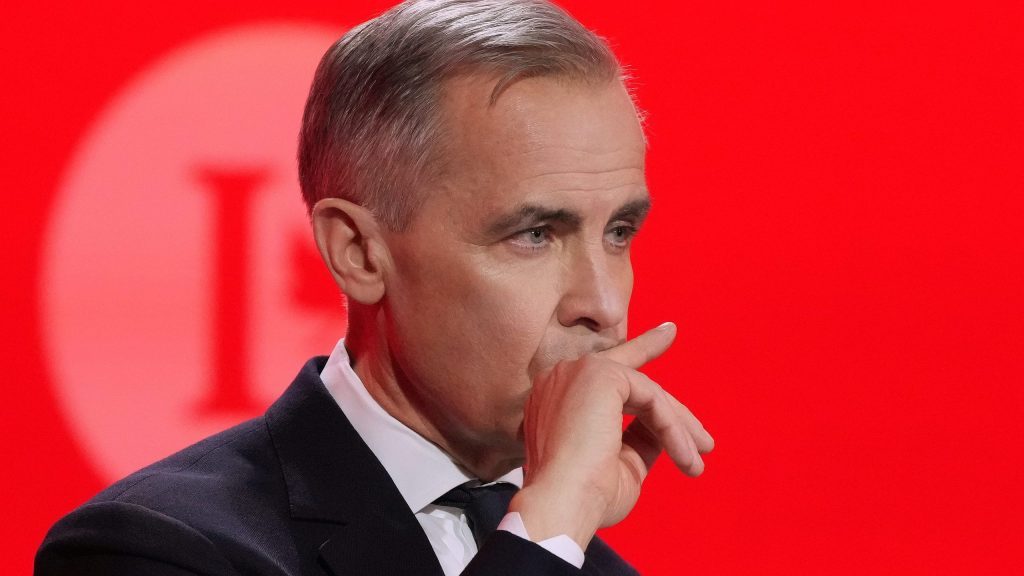A recent poll indicates that support for Prime Minister Mark Carney has remained stable, even in light of the government's failure to secure a trade deal with the United States earlier this month. This finding emerges from data collected by Abacus Data, which conducted the survey shortly after the self-imposed August 1 deadline for negotiations with U.S. President Donald Trump had passed.
The Abacus Data poll reveals that public support for the Liberal Party is strong, despite growing concerns regarding the stagnant economy and issues of affordability. Specifically, 62 percent of Canadians identified the rising cost of living as the dominant issue facing the country, while 44 percent expressed concern over Trump’s tariff initiatives. Further, the overall state of the Canadian economy was cited by 37 percent of respondents, placing it third on the list of priorities.
David Coletto, CEO of Abacus Data, commented on the poll's implications, noting, “For now, Canadians are separating frustration with outcomes from blame toward the government. But that separation may not last forever.” He suggested that as the summer progresses, economic issues may introduce new challenges to the political landscape approaching the fall season.
Public perception of President Trump remains notably unfavorable among Canadians, with a striking 75 percent of respondents holding an unfavorable view of him. Conversely, the Liberal Party continues to be regarded favorably, with 58 percent believing they would effectively engage with the Trump administration.
Nonetheless, there are subtle signs that the initial favorable sentiment towards the Carney government may be waning. According to the poll, 50 percent of respondents expressed their support for the Liberals, marking a two-point decline since mid-July. This drop in support indicates a potential shift in public sentiment, as it is the first time since March that Liberal support has dipped to this level.
Coletto cites concerns about the lack of progress on key domestic issues and a perceived absence of resolution in major international negotiations as potential factors contributing to this decline in support. Furthermore, while the poll indicates that four in ten Canadians feel that it may be time for a change in leadership, almost one-third of respondents do not see a viable alternative, highlighting a disconnect between dissatisfaction with the government and a lack of options for different leadership.
If a federal election were held today, 43 percent of Canadians indicated they would vote for the Liberal Party, a figure that has remained unchanged since mid-July. This suggests that while there may be some dissatisfaction brewing, a significant portion of the electorate remains committed to the current leadership.
Mark Carney continues to maintain a relatively high favorability rating among the public, standing at 48 percent. In contrast, Pierre Poilievre's favorability is more evenly divided, with 42 percent viewing him positively and 41 percent negatively—representing his best net rating in months.
The survey was conducted with a sample size of 1,686 Canadians between July 31 and August 7, with a margin of error of +/- 2.4 percent, 19 times out of 20. This data offers insight into the evolving political climate in Canada as issues of economy and international relations take precedence in the minds of voters.











